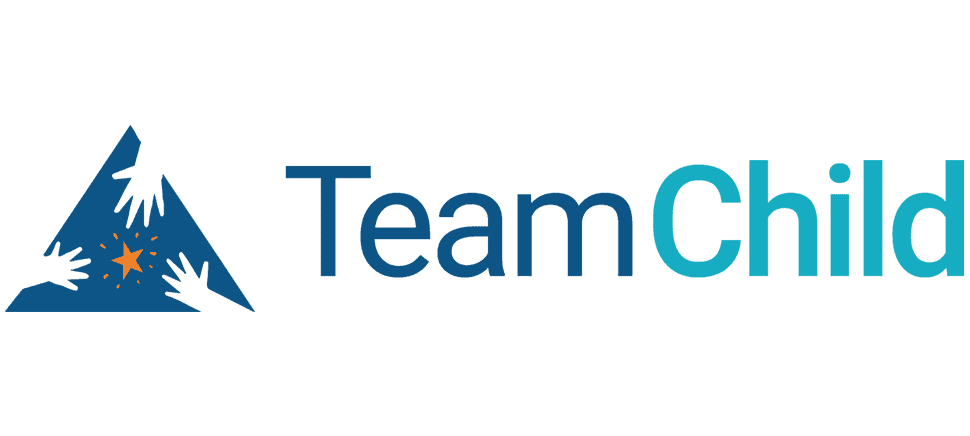Children Are Not Adults: The Evolving Jurisprudence and Recent Developments in Washington State
Over the last fifteen years, the United States and Washington Supreme Court have recognized that children are different from adults and those differences matter when it comes to sentencing in a criminal matter. In 2017, the WA Supreme Court decided Houston-Sconiers, which held that judges have discretion to go lower than standard adult sentence ranges and must consider youth when sentencing individuals whose crimes were committed when they were under the age of 18. In September 2020, the Supreme Court decided In re PRP of Ali and In re PRP of Domingo-Cornelio that Houston-Sconiers applies retroactively to individuals sentenced prior to the 2017 decision in Houston-Sconiers. Hundreds of incarcerated individuals, who were charged and sentenced as adults when they were juveniles, now have a pathway for their sentences to be reviewed. These cases have been appealed to the U.S. Supreme Court by King and Pierce County prosecutors, and the petitions for a writ of certiorari are pending.
TeamChild has teamed up with Microsoft Legal for pro bono support in assisting young people who are requesting legal advice about their sentences. On January 21st the Juvenile Rehabilitation (JR) Institutions and Reentry Project team hosted a kick-off educational webinar discussing the history of landmark supreme court decisions that have allowed the justice system to consider youthfulness in sentencing. Attorneys Damian Davis NoOneElse and Gus Voss were joined by Marsha Levick (Juvenile Law Center) and TeamChild Board member Melissa Lee (Seattle University’s Korematsu Center).
In addition to providing an introduction to evolving jurisprudence nationally and locally reflecting adolescent development, the presenters also highlighted the historical racial disparities in prosecuting children in adult court, recent Supreme Court decisions, and new opportunities for resentencing.
The next step in this project will be a technical training on sentencing review where CELA attorneys will learn how to review sentencing orders, transcripts/recordings of sentencing hearings, criminal history, and collateral information to determine the merits for resentencing. Attendees will be prepared for volunteering to do sentence review with support from experienced attorneys.
